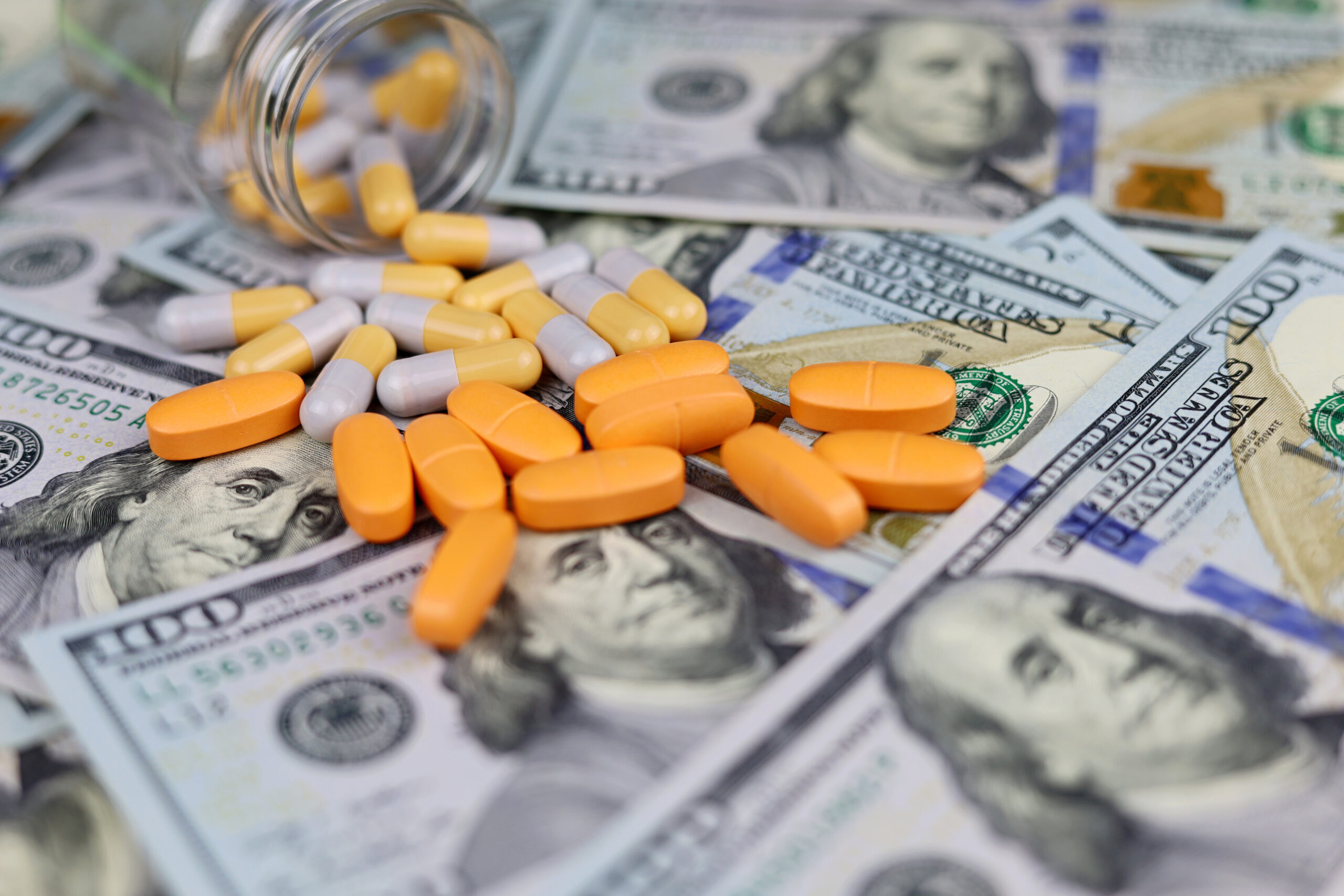© 2024 CSRXP- All Rights Reserved

Big Pharma Watch: Study Finds Patent Thickets on Just Four Drugs Extended Monopolies By a Combined 25 Years
Sep 20, 2023
I-MAK Analysis Reveals Patent Abuse on Four Blockbuster Medications Generated $158 Billion for Big Pharma
On Tuesday, the Initiative for Medicines, Access, and Knowledge (I-MAK) released a new study detailing the massive financial implications of Big Pharma’s egregious patent thickets meant to block competition from more affordable alternatives to blockbuster brand name prescription drugs.
The study examined patent thickets around four blockbuster drugs – Humira, Avastin, Rituxan and Lantus – that have finally begun to experience biosimilar competition since 2019. For each drug, the study identified the time left on their primary patent protection period, which began once the product hit the commercial market, and the duration of the drug’s extended patent protection period, acquired by building patent thickets.
When comparing the primary patent protection period and the extended primary patent protection period, the stark difference in earnings between them shows the vested interest Big Pharma has in gaming the U.S. patent system. Through their extended patent protection period, the drugs earned a whopping average of $6.2 billion each year, more than double the $2.4 billion in earnings in their primary protection periods.
The study also found that sales in the extended patent period were double sales in the primary protection period — despite the extended period representing half the time. Combined, patent thickets around these four drugs resulted in 25 years of extended patent protection, and therefore monopoly pricing, bringing in $158 billion in sales for their Big Pharma manufacturers. This accounted for more than 56 percent of the drug makers’ total revenues over the period.
I-MAK’s study adds to a January report released by Matrix Global Advisors and commissioned by the Coalition for Affordable Prescription Drugs, “Patent Thickets and Lost Drug Savings,” which examines the cost of Big Pharma’s use of ‘patent thickets’ on patients and the U.S. healthcare system. The report quantifies the one-year cost of lost savings on five brand name drugs around which Big Pharma has built especially egregious patent thickets and found that the one-year cost of delayed competition from patent thickets on these five drugs would range from $1.8 billion to $7.6 billion.
To lower prescription drug prices, Congress must focus on holding Big Pharma accountable for their anti-competitive practices, especially abuse of the patent system.
Read the I-MAK study “The Burden Of Patent Thickets” HERE.
Read the full report from Matrix Global Advisors HERE.
Read more about how Big Pharma’s patent abuse is “the root” of the drug pricing crisis HERE.
Read more on market-based solutions to hold Big Pharma accountable and lower prescription drug prices HERE.
